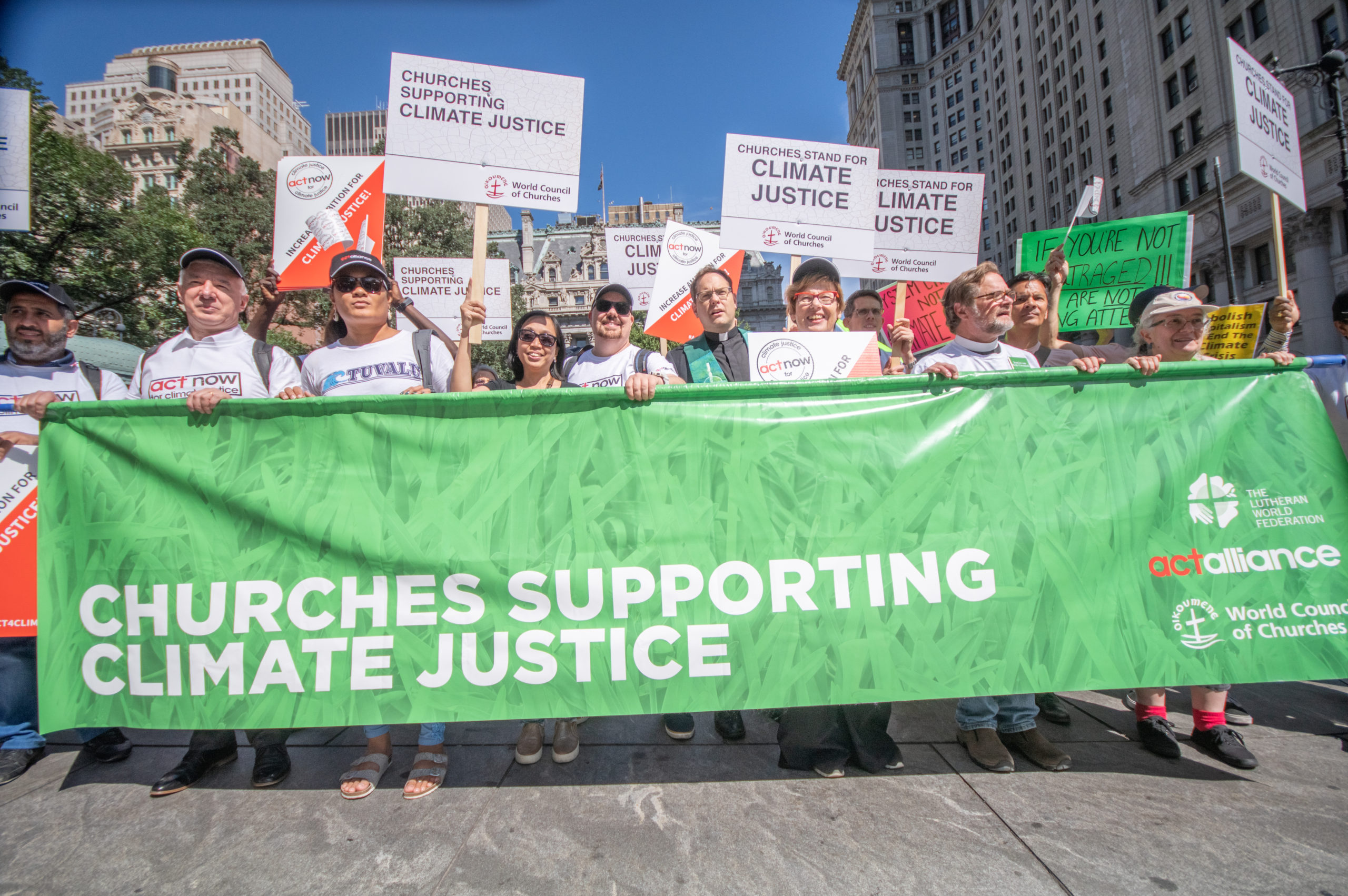
The UNFCCC climate negotiations started again on May 31, 2021 against a background of predicted forecasts that are not good, in fact, bad:
- The World Meteorological Organization reports a 40% chance that global temperatures could reach 1.5 degrees C years sooner than the decade long timeframe given in 2018, and a 90% chance that they will exceed 2016 temperatures, the highest on record.
- The Internal Displacement Monitoring Center also reports that never in their history have they recorded more internally placed people than in 2020. We can expect the storms, floods, droughts, forest fires, hurricanes, heatwaves, disrupted cultivation and harvest cycles we have recently seen to intensify.
- Extreme weather now displaces more people than war or conflict. Climate change has disrupted food supply, and increased the number of people facing hunger, which had been falling for several years. 690 million were undernourished in 2019 but this could rise to 840 in less than a decade, based on current trends.
Some bright spots have also emerged: Last week, also, a Dutch court ordered Shell, one of the world’s largest oil companies, to cut carbon emissions from its oil and gas extraction by 45% by 2030, the first major judicial verdict of its kind. On the same day, investors in Chevron mandated that the company cut its emissions. Climate advocates and activists cheered, me included.
These are positive steps, but they do not halt the pace of warming which outstrips original predictions.
ACT Alliance’s Climate Justice messaging about urgency and scaled up climate action now need to get through to the right people, at the right time. Our team is therefore paying close attention to the talks currently underway. We especially want to hear more how governments – from both developed and developing countries – plan to mitigate the destructive impact of climate change on specific groups or improve their resilience to it.
It’s only been one week so far, but already we have some cause to be worried. In their opening comments, for example, few delegates included mention growing gender gaps, the needs or contributions of vulnerable or impoverished groups. Some have questioned the full participation of civil society organizations in the discussions. This was an inauspicious start.
Negotiating an international treaty across 197 countries is inevitably a political and technical discussion. But governments also have a moral, ethical and legal responsibility to fulfil obligations to their citizens, and safeguard rights.
Evidence is increasing, for example, of the disproportionate impact of climate change on women and girls. Vulnerability, risk, as well as the capacity to adapt to climate change are rooted in social codes often highly disadvantageous to women and girls, and very hard to change. In some environments, it is men and boys who are more affected.
Research also shows that other groups are at risk of being disproportionately affected during rapid and slow onset climate change: migrants, refugees, people living in camps, indigenous, disabled, migrants, refugees, gender non-conforming fluid communities and LGBTQI.
Communities that are historically vulnerable for social, cultural, political or economic reasons will need special protections and services to prevent a further downward slide into poverty or human rights abuses.
These considerations must be incorporated across all national climate and adaptation plans but are often missing.
Governments can and must pay closer attention to the human dimension of climate change. They can take steps to ensure broad consultation, participation from diverse sectors, invest in gender analysis and budgeting, research, and develop an evolving understanding of who is at risk, where, how and why. They can promote gender transformative practices in adaptation and mitigation that respect human rights and build resilience from the ground up. They can listen more to affected communities which often have their own solutions and just need technical and financial support to do so. Scaled up climate finance from developed countries is critically needed to make this happen.
Promoting rights and equity is a win – win strategy. Countries which have invested in gender equality and rights have better economic and environmental outcomes, and lower carbon footprints. Equity is also better for business.
This human face is baked into the Paris Agreement, whose opening framework acknowledges that climate change is “a common concern of humankind”. Articles 7.5 and 7.9 of the agreement call on parties to adopt participatory, transparent, gender-responsive approaches which protect vulnerable groups and communities, while preserving ecosystems, while Articles 8.4 and 11, 12, respectively, reference vulnerability, resilience, capacity building, public participation, and transparent, country owned processes.
As we enter week two, ACT Alliance will continue to remind government delegates of how climate justice can still be achieved.
 Jasmine Huggins is Senior Policy and Advocacy Officer at Church World Service. She covers climate and gender justice issues and is based in Washington D.C.
Jasmine Huggins is Senior Policy and Advocacy Officer at Church World Service. She covers climate and gender justice issues and is based in Washington D.C.